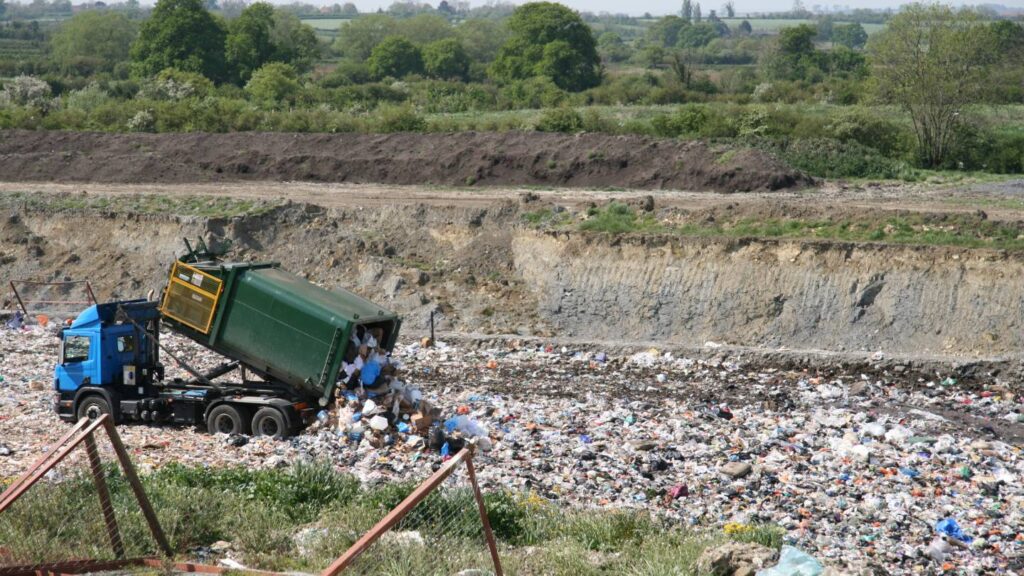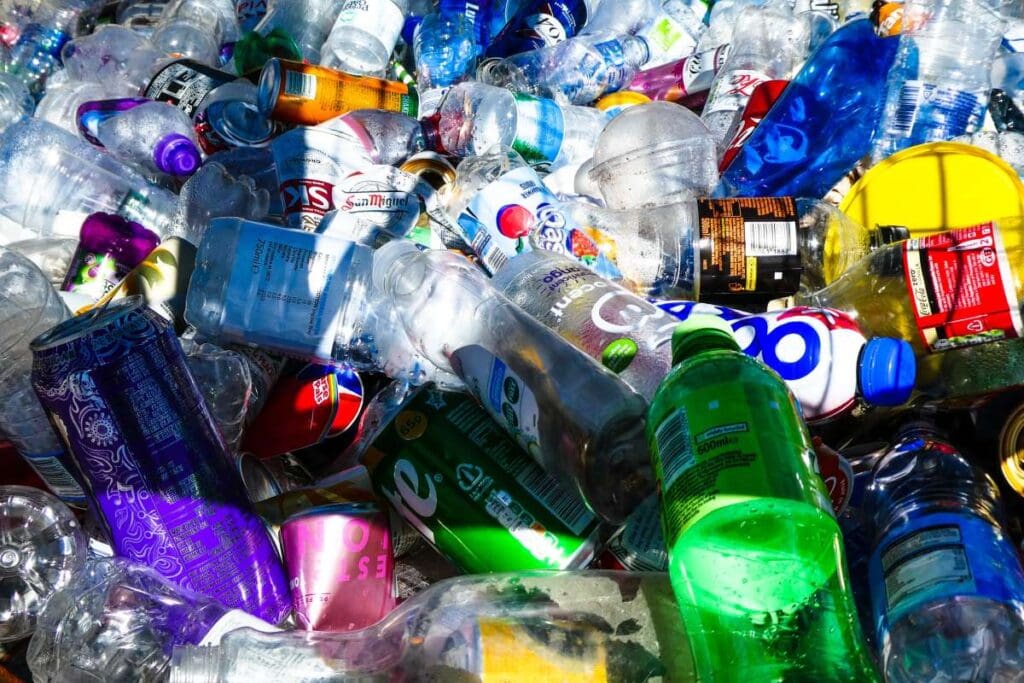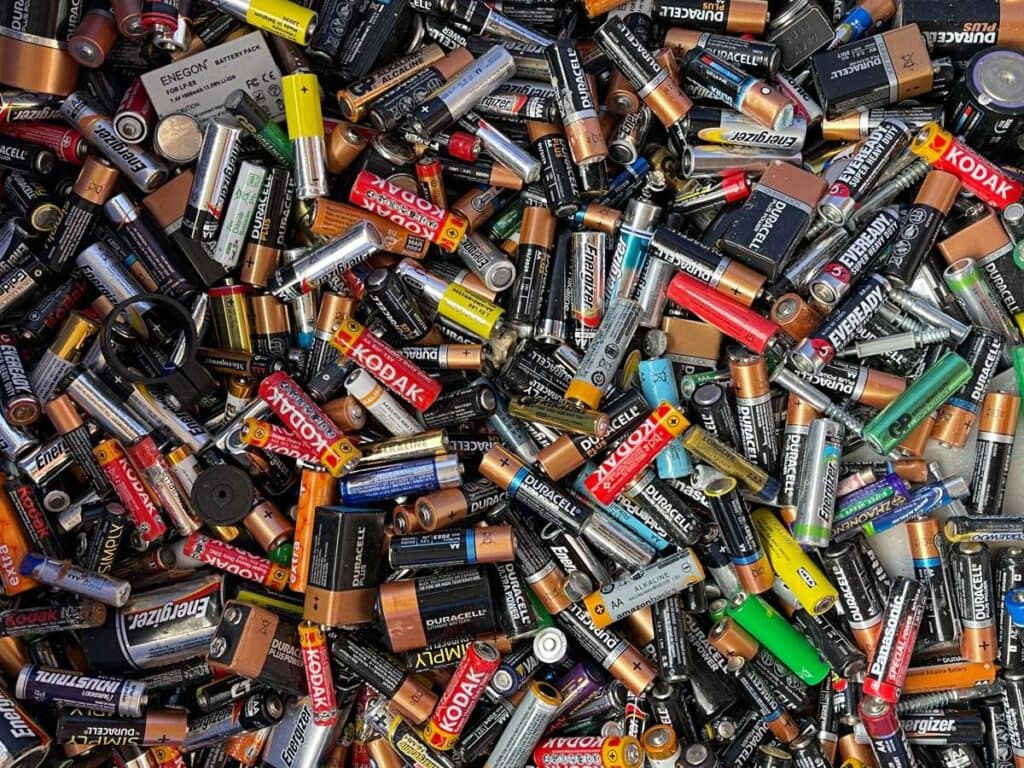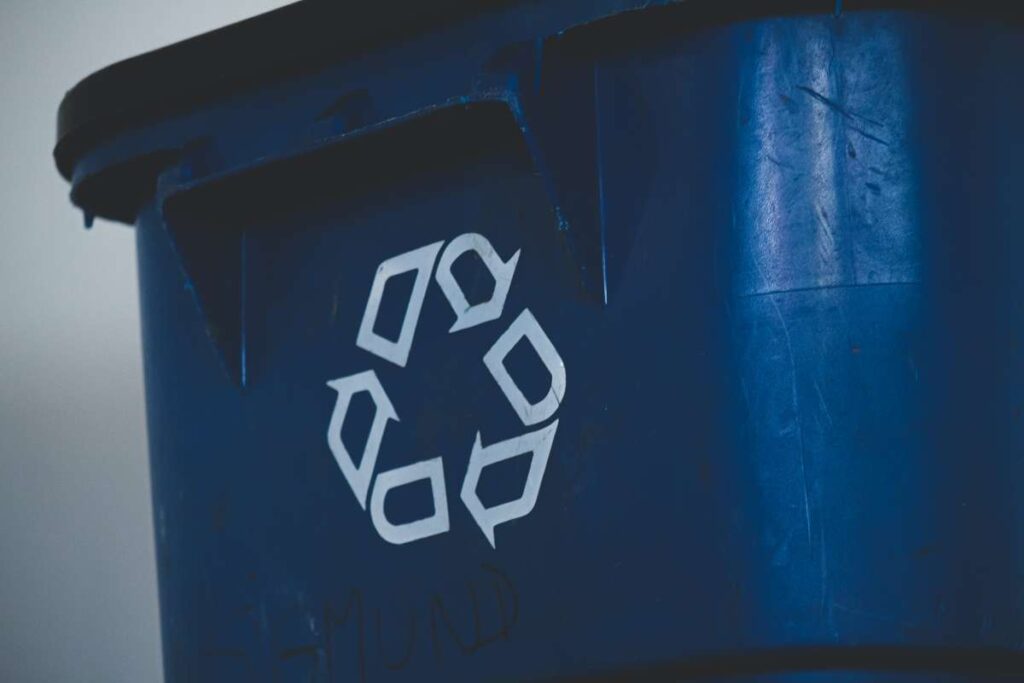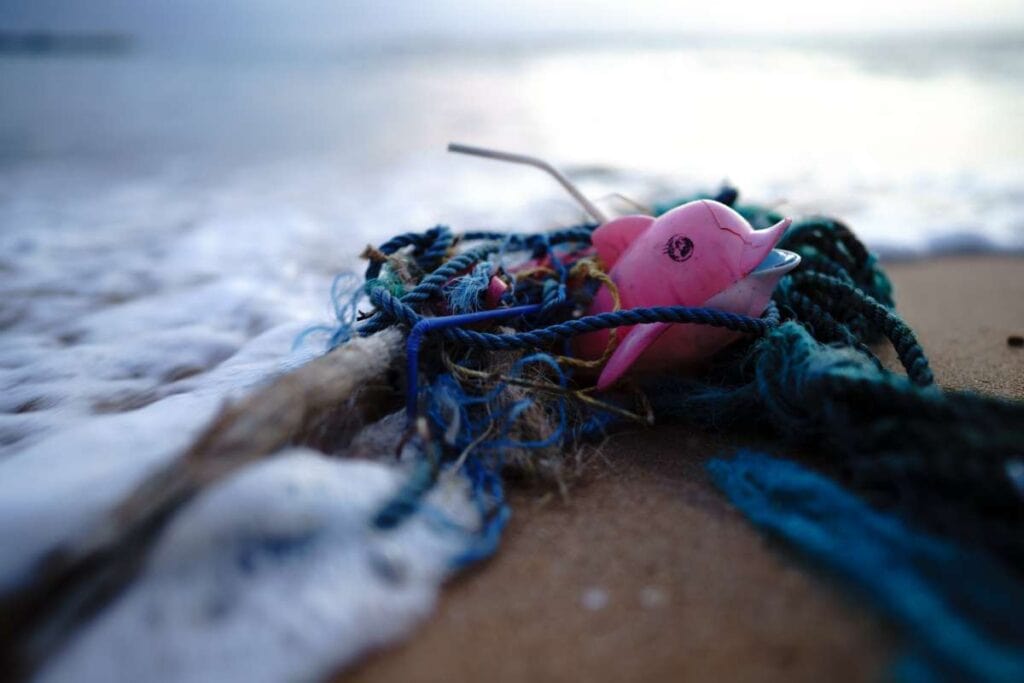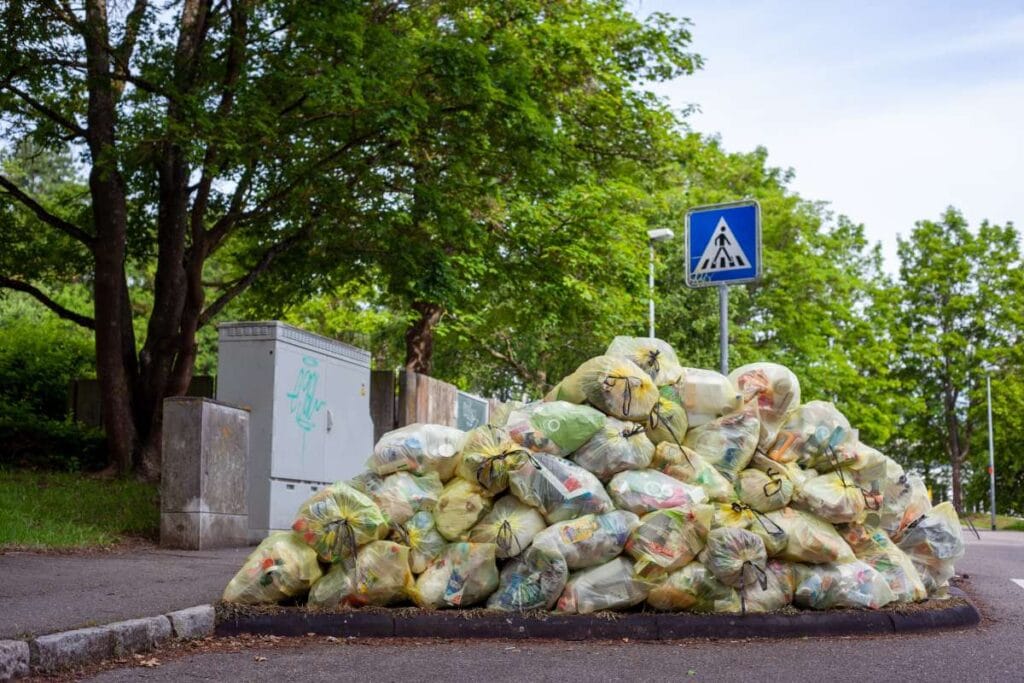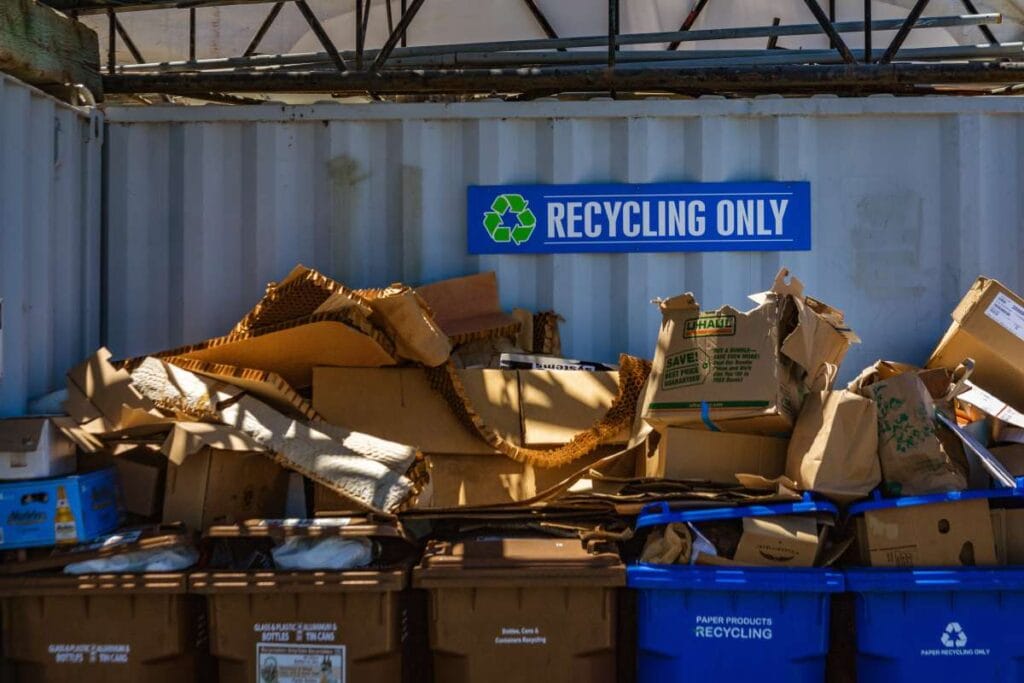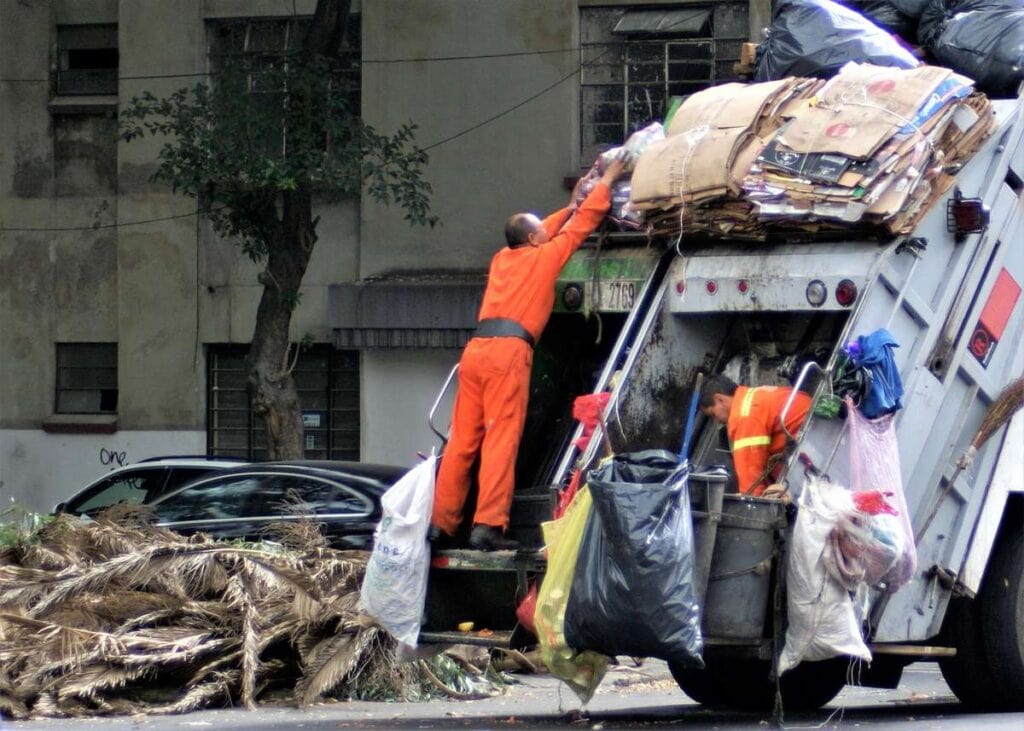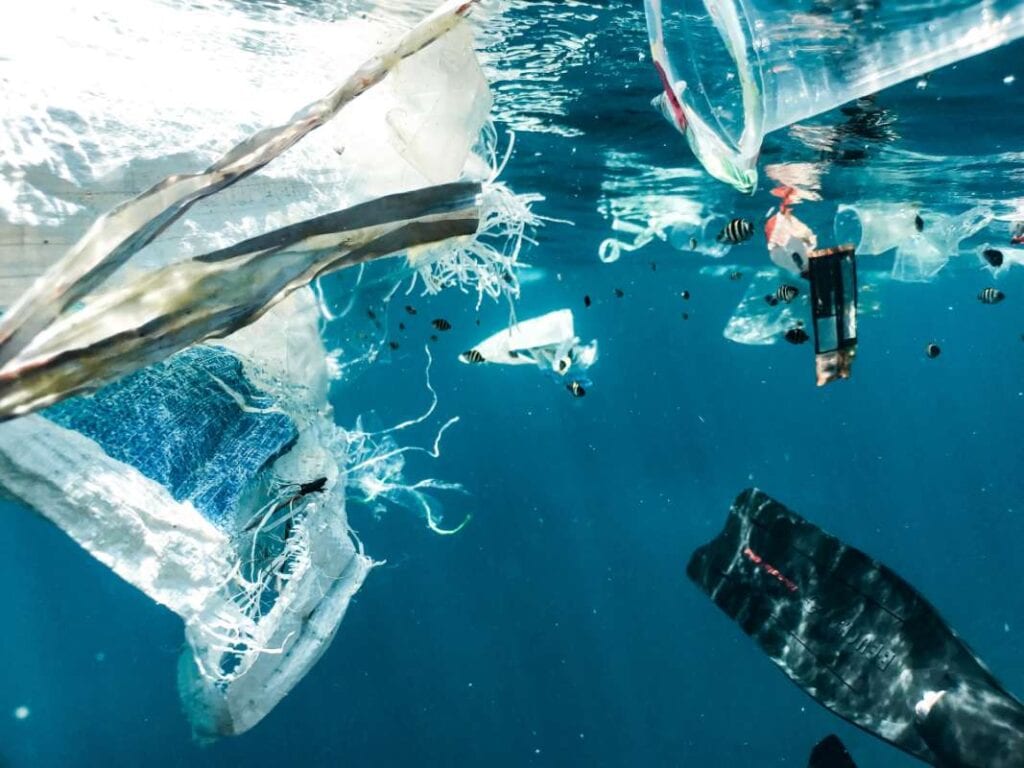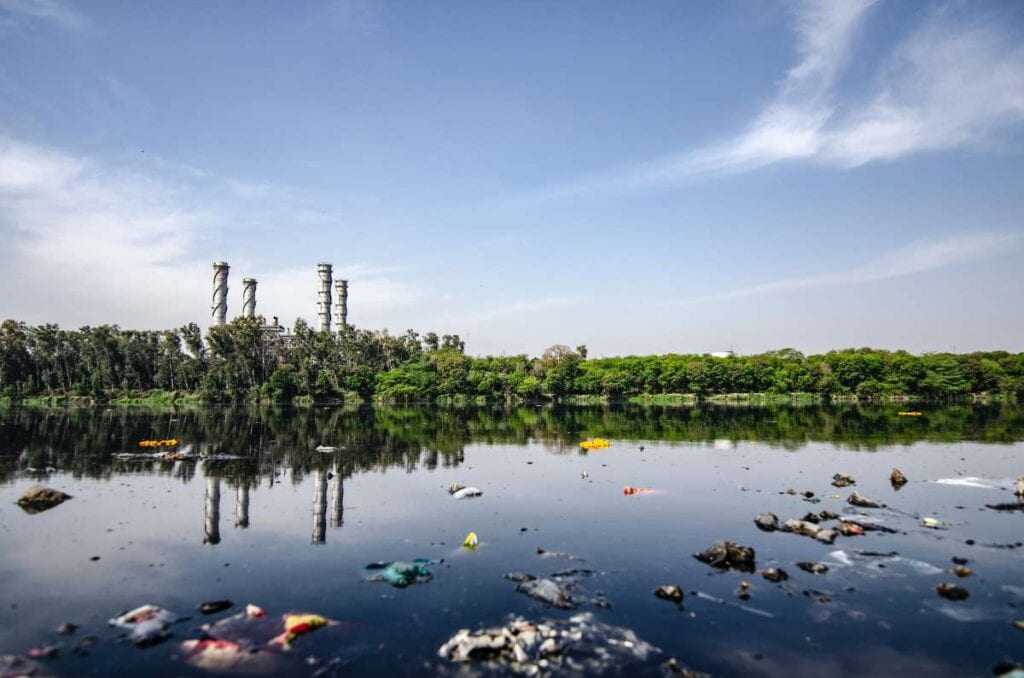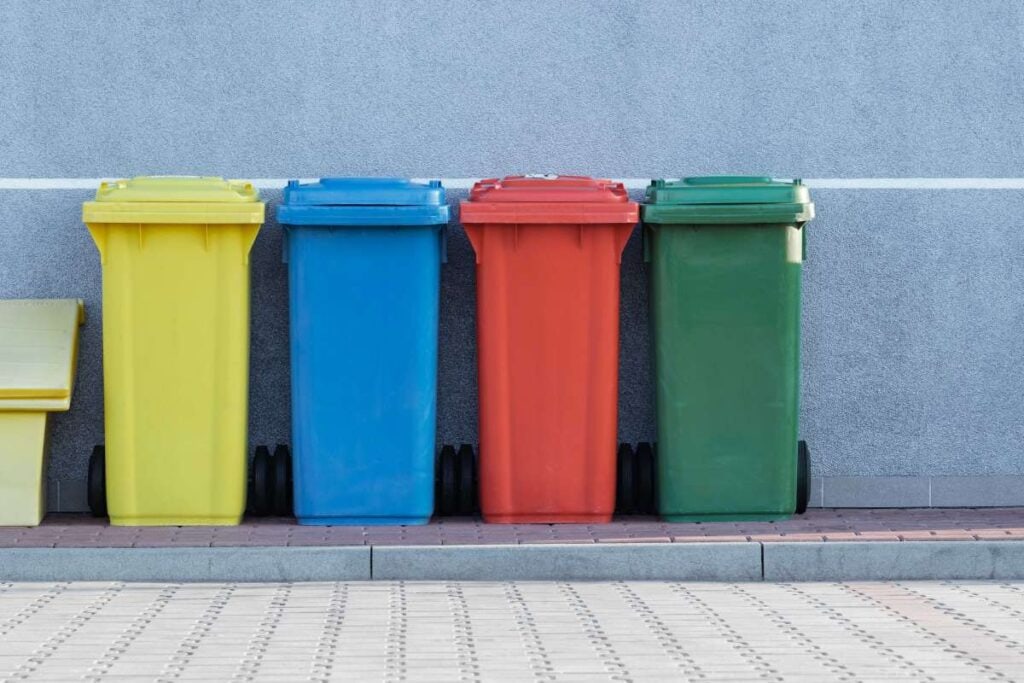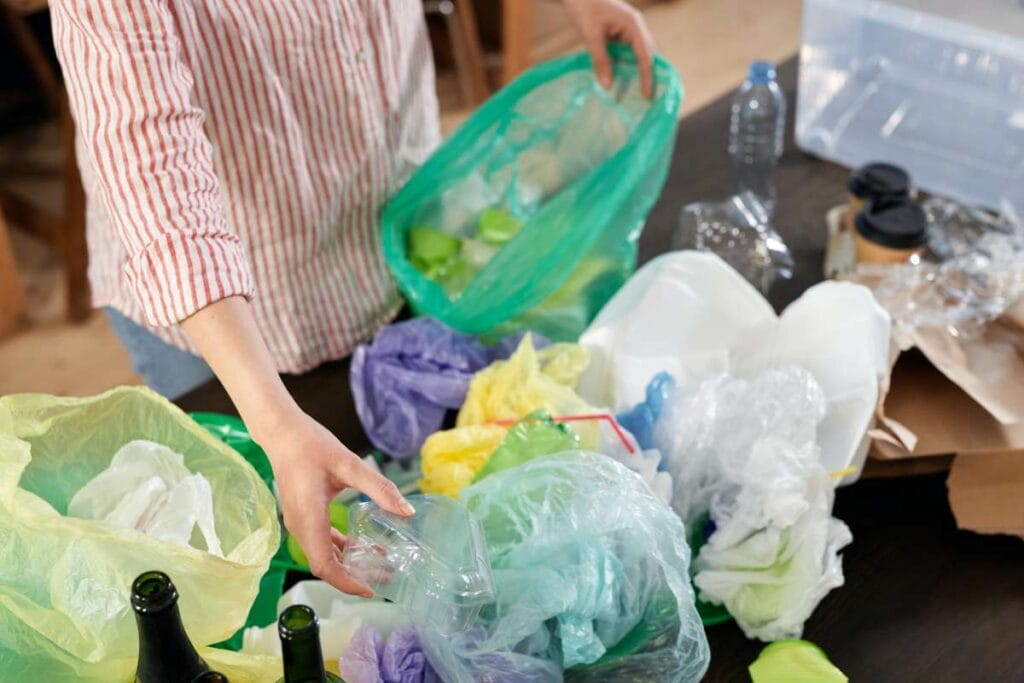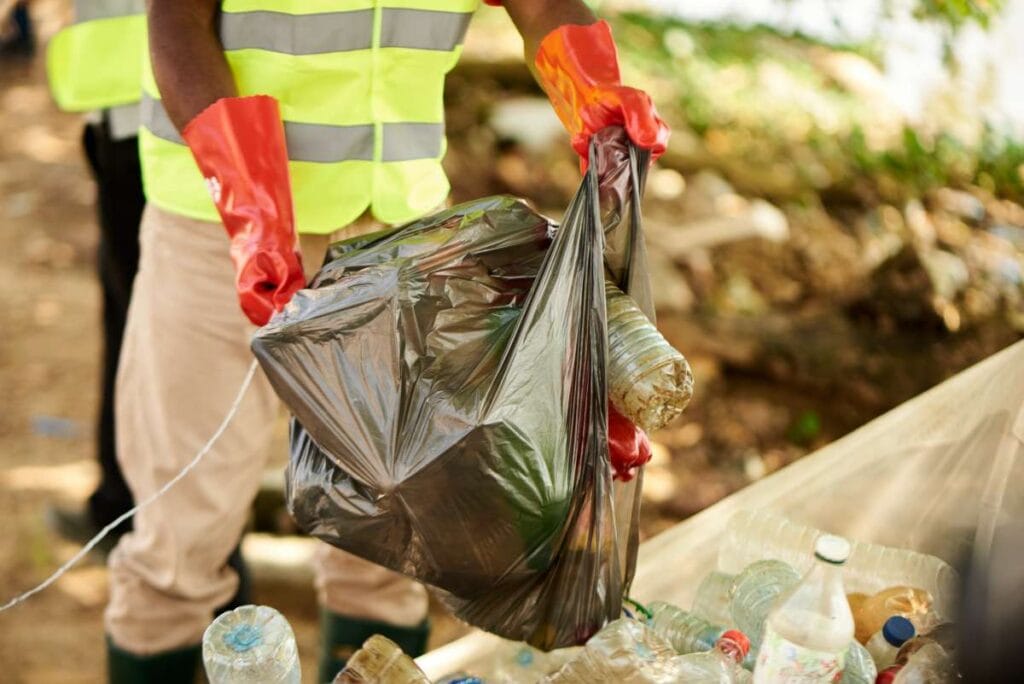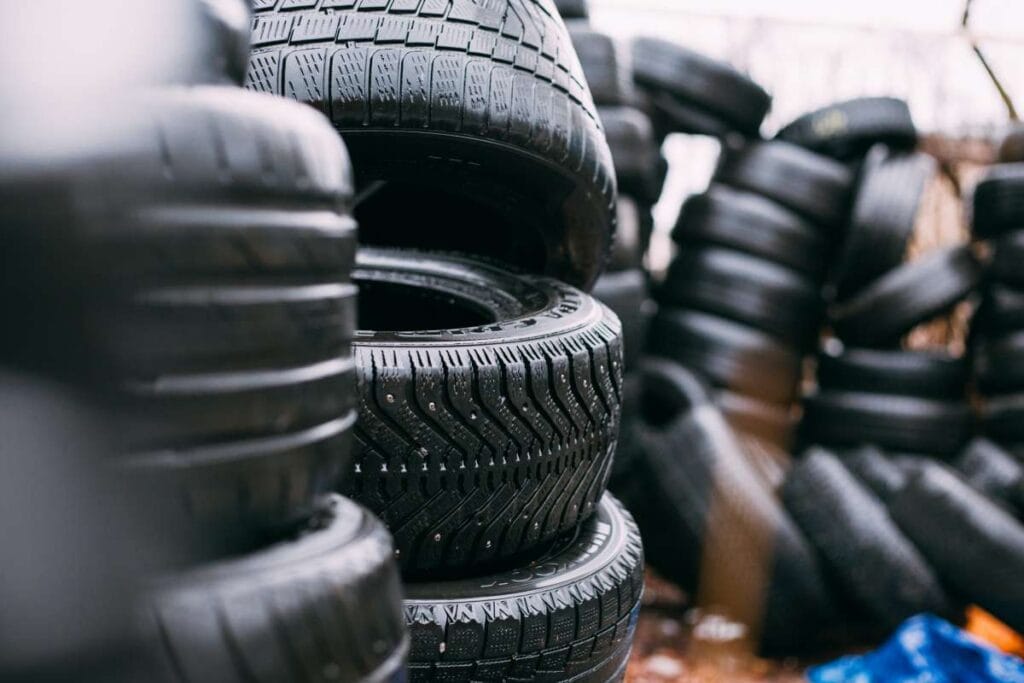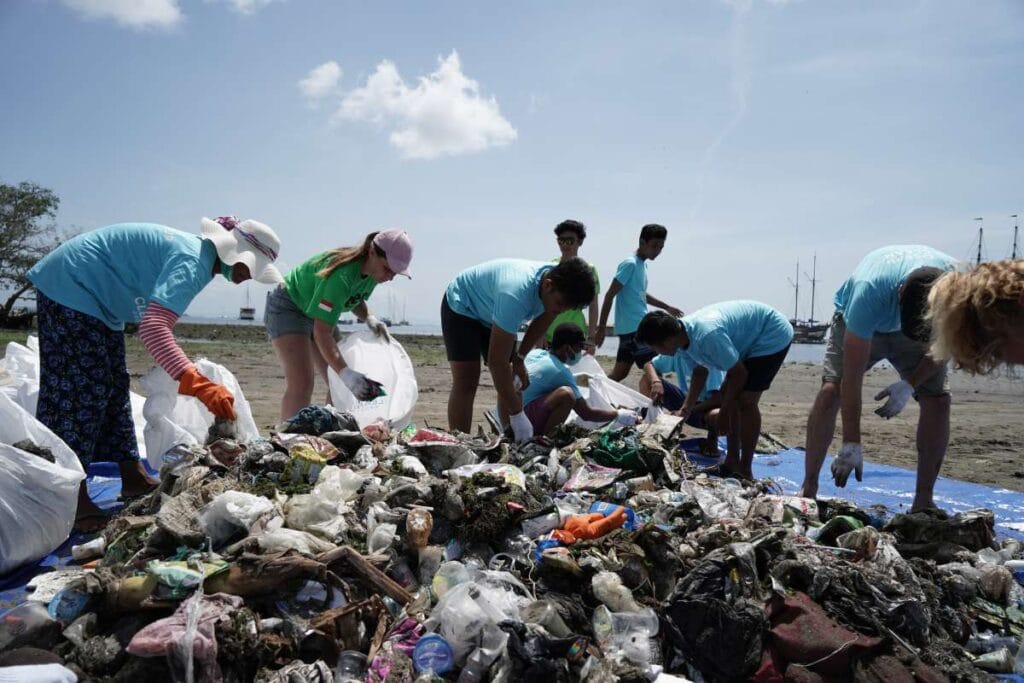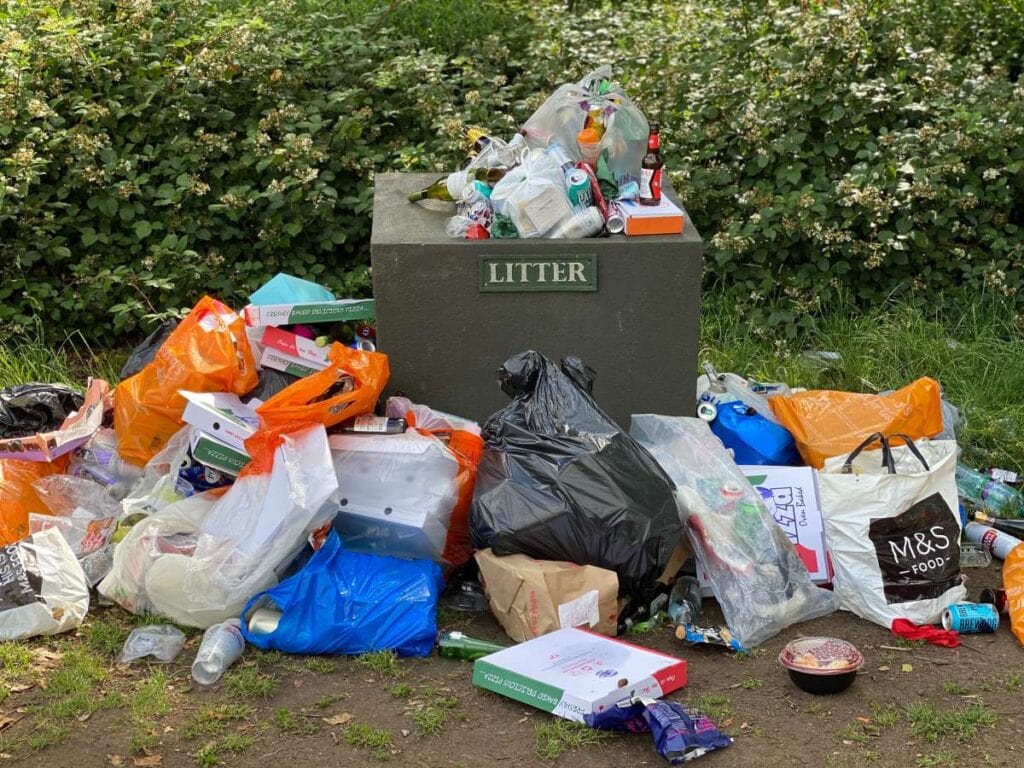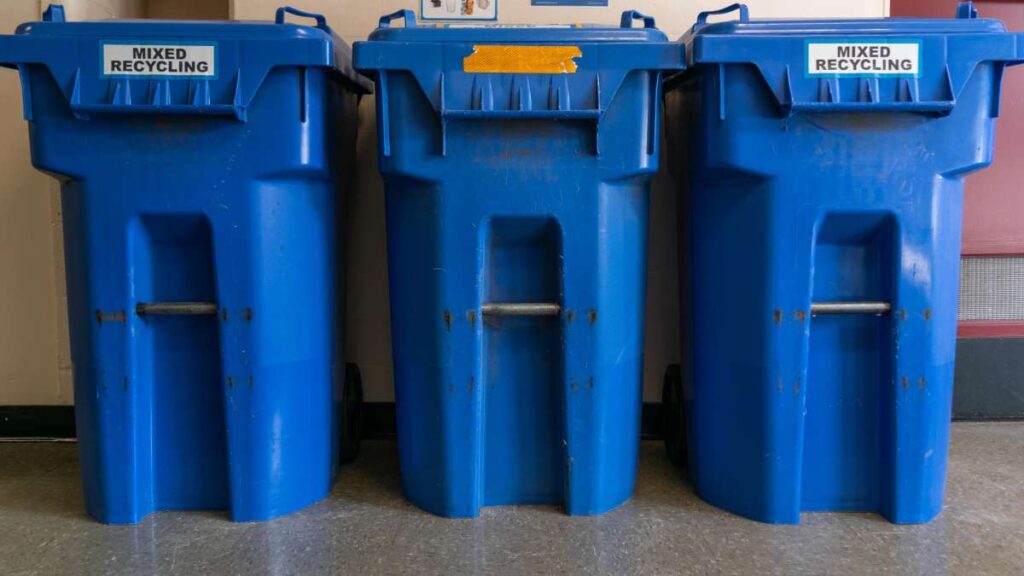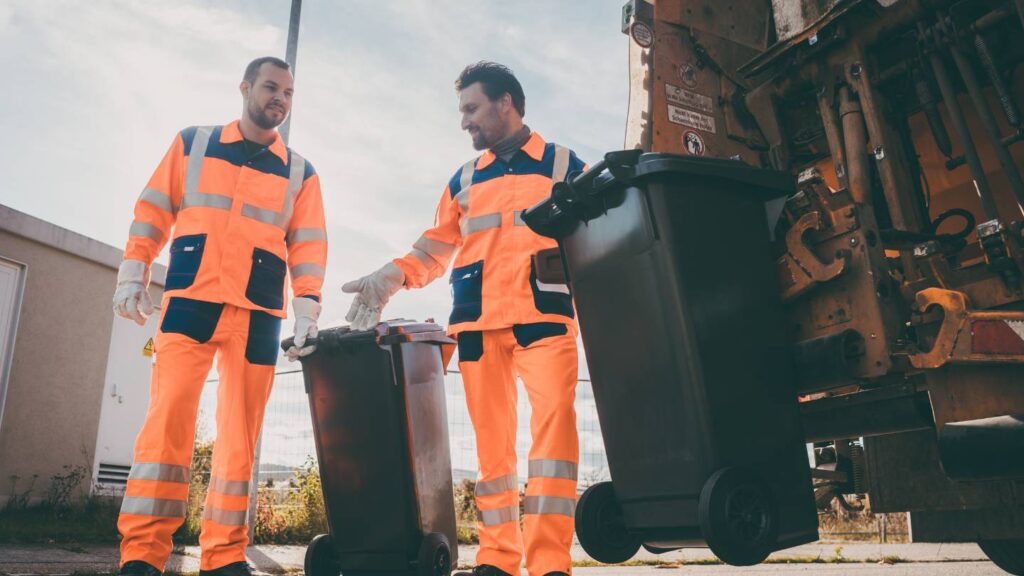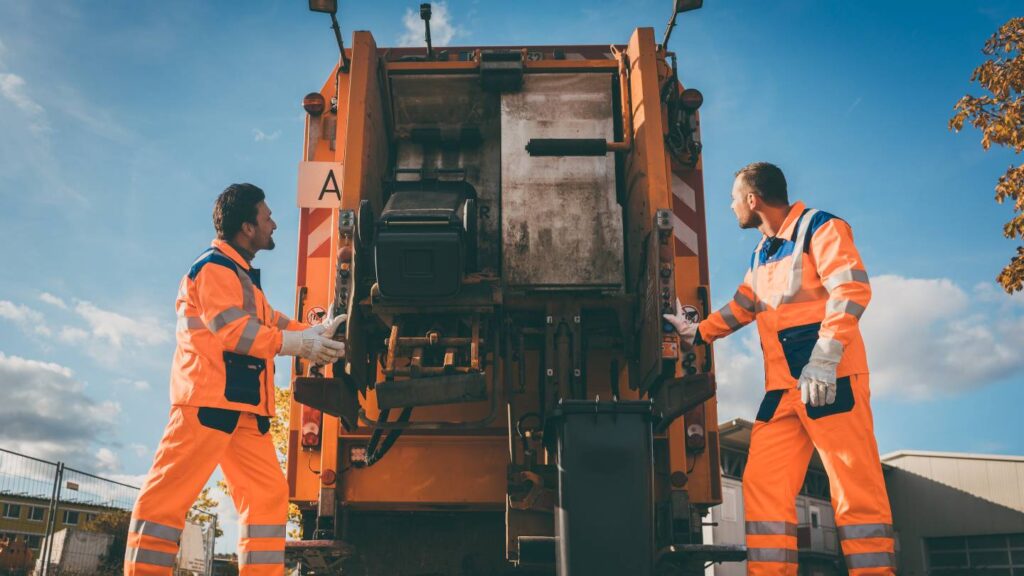The collection, sorting, and eventual disposal of commercial trash constitutes rubbish removal. These techniques, procedures, and systems also encompass transportation, Generation, and trash disposal. In general, trash removal is a challenging job.
Let that sink in. The location must be cleansed once the rubbish has been collected. Because it separates the garbage, sorting it is also an important step. As a byproduct of sorting, recyclable materials are sent to recycling facilities, while the rest are dumped in landfills.
What Are The Risks Of Rubbish Removal?
In addition, there are possibly harmful consequences to garbage removal. Important harms to human and environmental health can result from improper waste disposal. As a result, garbage collection needs to be overseen and managed.
That being said, if you want timely service and to save money and time, you should hire specialised expert trash removal services. Because the strategy is based on green solutions, it promotes health and safety while doing it.
Preserving ecosystems and human health is of the utmost importance. Certain restrictions govern garbage disposal and all other types of waste in home bins. Everyone is responsible for their trash. If the container is too small, we must hire a skip or search for "man with van" advertising to remove it.
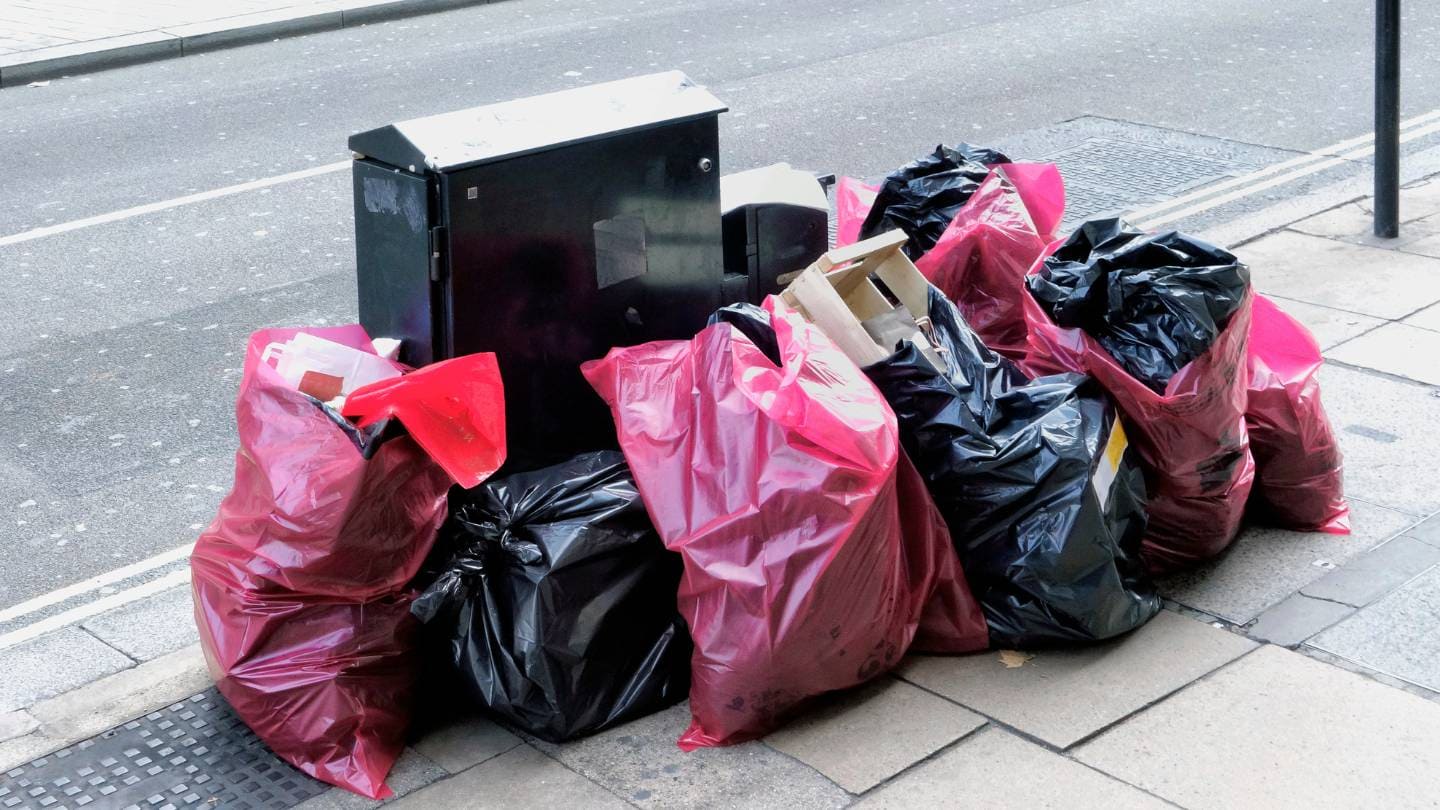
Suggestions for the Responsible Rubbish Removal
Every community needs garbage collection and disposal to stay clean and safe. Cleanliness, sanitation, and the preservation of the city's aesthetic value depend on regular trash pickup. Because less trash ends up in landfills, it's also good for the environment. The emphasis of today's article is on the need to encourage responsible trash pickup as a means to lessen trash.
To ensure that everyone has access to ethical garbage removal services, consider the following:
Recycle As Much As Possible.
By lowering the demand for new materials and keeping waste out of landfills, recycling aids in preserving natural resources. You may recycle many common household materials in the yellow bins provided by the Council.
This includes paper, cardboard boxes, plastic bottles, and cans. It is essential to rinse containers with water and remove lids before recycling them. Then, either put them in your bin or bring them to one of the many recycling centres for proper preparation.
Recycle and Reuse
This slogan has been around for a very long time to help us practice sustainability. As inspiring and motivating as the motto "Reuse and Recycle" is, many of us still feel lost when putting it into practice. As a first step in eliminating trash from your home, place of business, or surrounding area, you should determine what materials contribute to the problem.
Handle Dangerous Substances Correctly.
The risks associated with incorrect disposal of chemical, battery, and electronic waste should be carefully considered. Proper disposal of these goods will be ensured during the trash removal process. It is crucial to know how to dispose of hazardous waste materials correctly because most rubbish removal firms, like Waste Removals, will not pick them up. The Council's resource recovery centres have designated areas for collecting hazardous trash, including asbestos, automobile batteries, and fluorescent bulbs.
Compost Organic Waste
One efficient method of reducing trash and the demand for landfills is composting. Composting can turn organic waste, including leftover food and yard trimmings, into nutrient-rich soil. The procedure lessens the production of harmful greenhouse gases, which is good for the environment.
Composting can be started with just a compost bin or pile. The Council's website has instructions for establishing a composting system.
But if you can't compost, don't worry—garbage companies provide garden skip bins that are ideal for disposing of green waste.
Donate Usable Items.
You can help lessen the amount of trash in landfills by donating gently used goods like clothing, furniture, and appliances. You may help keep these products out of landfills by donating them to organisations like op shops or charities.
Giving to people in need is another benefit of donating your unused belongings. Organisations such as the Salvation Army are constantly seeking donations and accept a diverse range of items. Some charitable organisations provide a free collecting service for larger items (in good condition), including mattresses and furniture.
Get Involved With Particular Collection Initiatives.
There is a dedicated collection programme that can assist with large-item trash removal. The kerbside large item collection programme run by the Council is an excellent initiative to decrease trash. The company provides a free junk removal service once a year for things like mattresses, white goods, and furniture.
Lessen Your Waste Production.
In each given area, the most effective method of trash removal is to minimise one's trash production. One easy method is to use reusable containers, bags, and coffee cups instead of single-use plastics.
Additionally, you can lessen packing by opting for products with minimum packaging or purchasing things in bulk.
Electronic trash, construction debris, old furniture, plastic containers, and other types of organic garbage might be problematic to recycle. Still, other types of household trash, like e-waste, can be reused. Consequently, garbage sorting is critical.
Use Your Imagination to Sort Trash
Having a colour-coded system that everyone in the family follows is a simple and entertaining method of sorting trash. It becomes easier to manage your waste using a system where colours assist you in differentiating between different types of rubbish.
As an illustration, consider the following colour schemes: green for organic trash, red for non-biodegradables, blue for paper, yellow for textiles, etc. This method works well for household garbage but isn't safe for dangerous materials.
Proper disposal procedures can be initiated after the trash has been sorted.
Efficient Rubbish Removal
To save money, some people try to dispose of their trash using methods they've seen online or heard about from acquaintances. As indicated earlier, you must separate your trash to handle it alone. With this information in hand, you can better gauge and monitor your trash output; after that, it will be up to you to gather and dispose of the trash, whether at a recycling centre or a dump site.
Hiring junk removal services is a more convenient option. It is more cost-effective and time-efficient to hire a trash disposal service. With the help of these services, you can easily dispose of any trash. Because the company's experts undertake these tasks, there are no longer any risks associated with improper trash disposal resulting from a lack of understanding.
Promote Eco-Friendly Methods of Waste Management.
Reducing trash and safeguarding the environment both require sustainable waste management strategies. One of the most prevalent eco-friendly behaviours is recycling, which helps reduce waste by reusing resources rather than producing new ones. Additionally, composting aids in trash reduction and has environmental benefits.
Products manufactured from recycled materials and, when possible, taking part in the Council's kerbside large item collection programme are two more ways to help with sustainable waste management.
Share Knowledge About Efficient Waste Management with Others.
Raising public consciousness regarding garbage collection and the need for proper trash management is a top priority for trash Removal. Improving our waste management practices requires raising awareness about the importance of recycling and reducing overall trash production.
Help your loved ones and coworkers see the significance of reducing trash, composting, and recycling by sharing relevant facts on social media. Even if you may feel helpless in the face of a problem that seems impossible, educating those around you can significantly influence and create lasting change.
The Best Practices for Waste Management
Garbage and the stuff people throw away often go unnoticed. The ineffective use of resources, defective goods, lost time and effort, and extra energy consumption are just a few of the numerous negative outcomes of waste.
Proper waste management turns trash into a resource by recycling things that don't have to go to the dump just yet. Garbage removal services are just one part of the process that helps people and enterprises dispose of unwanted items in an eco-friendly way. Some methods for effective waste management are as follows.
Reducing and Reusing Sources
Authorities at the federal, state, and regional levels often employ this tactic. Extending recycling efforts by establishing recycling networks and supplying on-site food waste treatment facilities at commercial and residential buildings are two ways to reduce waste at its source. In an attempt to preserve the environment, the goal is to lessen the heavy dependence on raw materials that are always being depleted.
Recovery And Recycling
Repurposing means giving previously used things a new purpose. Typically, some processing is required to recover trash resources or convert them into energy useable like fuel, power, or heat.
In contrast, recycling entails repurposing waste into new goods to lessen the demand for raw materials and preserve energy. As the third rung on the waste management ladder (after "reuse," "reduce," and "recycle"), recycling is closely related to "source reduction," the first rung.
Recycling not only cuts down on the production of new materials but also on energy consumption, pollution of both air and water, the amount of waste transported to landfills, and emissions of greenhouse gases.
Landfills
These days, this is how most people get rid of trash. The process entails burying waste in the ground while ensuring that no odours are released and no harmful elements leak into the ground and contaminate water supplies. Many waste management firms are looking for alternatives to landfills due to the high concentrations of gases like methane and the lack of available land.
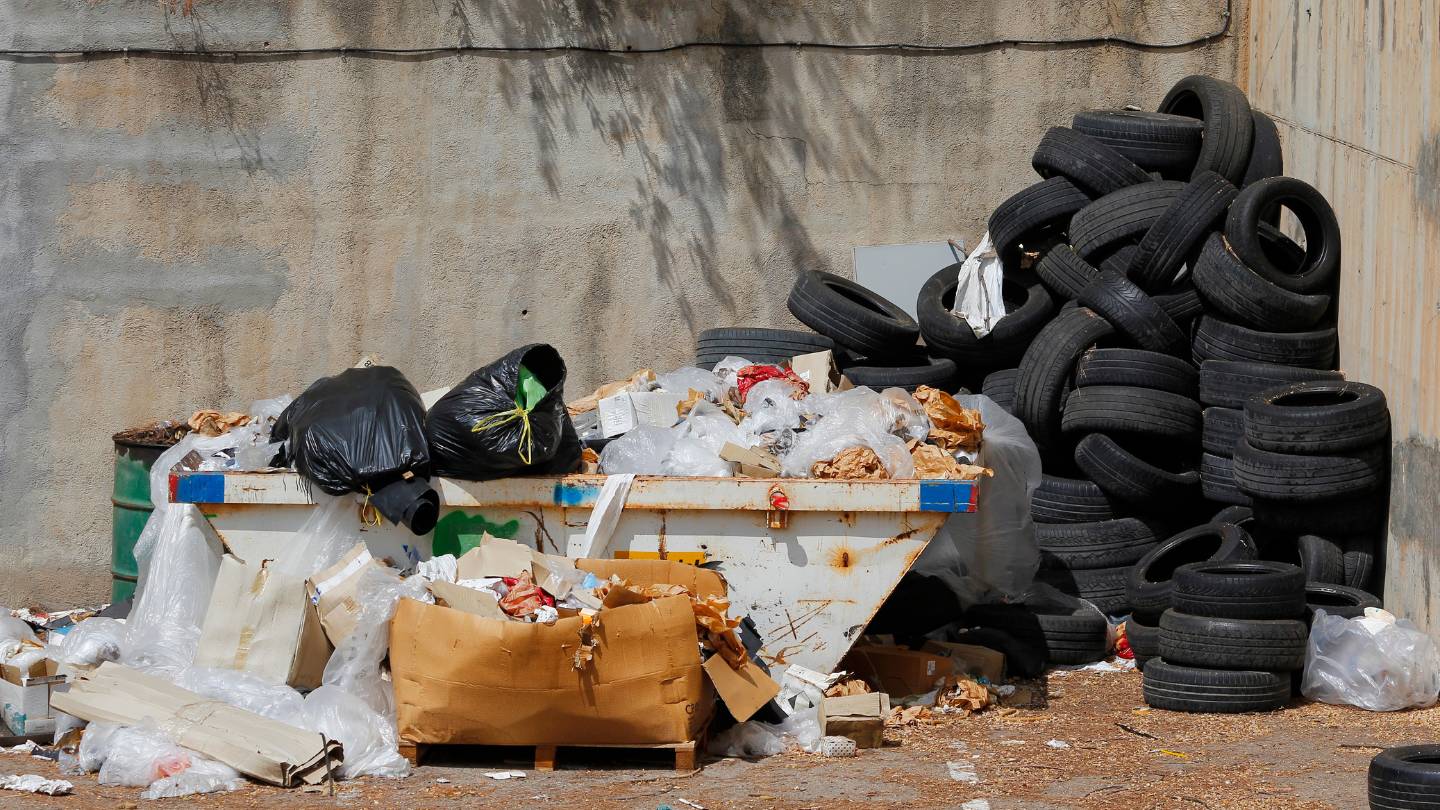
Incineration/Combustion
Burning non-recyclable MSW at high temperatures can reduce its volume by as much as 80%. Landfills are relieved of some of the strain because the residue takes up around 20 to 30 per cent of the space that the solid waste would have used. Heat, gas, and steam can all be produced with this process, also known as thermal treatment.
Composting
This biodegradation process turns food wastes and plant detritus into nutrient-rich plant nourishment. One typical method in organic farming is to let the organic components sit for a few months to decompose.
When dealing with potentially dangerous materials, it is essential to practice good waste management to prevent contamination. The most critical thing that people and companies can do to lessen the quantity of trash that ends up in landfills is to practice waste minimisation or avoidance. This includes fixing damaged objects, recycling old ones, giving unused ones, not using disposable items, etc.
Conclusion
Rubbish removal involves the collection, sorting, and disposal of commercial trash. It involves transportation, generation, and disposal. Improper waste disposal can lead to harmful consequences for human and environmental health. To ensure timely service and save money and time, it is recommended to hire specialised, expert trash removal services. Responsible trash pickup is crucial for maintaining cleanliness, sanitation, and the city's aesthetic value.
To encourage responsible trash pickup, consider recycling, handling hazardous substances correctly, composting organic waste, donating usable items, getting involved with specific collection initiatives, minimising waste production, and utilising reusable containers, bags, and coffee cups. Recycling and sorting are essential for preserving ecosystems and human health. Regular trash pickup is essential for maintaining cleanliness and safety in communities.
Sorting trash using a color-coded system can help manage household waste efficiently. Hiring junk removal services is a cost-effective and time-efficient option, as they handle the task professionally. Promoting eco-friendly waste management strategies like recycling and composting can also help reduce waste. Sharing knowledge about waste management on social media can help raise awareness and create lasting change.
Best practices for waste management include reducing and reusing sources, recovering and recycling, landfills, incineration/combustion, and composting. Landfills involve burying waste in the ground, while incineration/combustion reduces non-recyclable MSW volume by up to 80%. Composting converts food waste and plant detritus into nutrient-rich plant nourishment. To minimise waste in landfills, practice waste minimisation, such as fixing damaged items, recycling old items, and not using disposable items.
Content Summary:
- Rubbish removal involves the collection, sorting, and disposal of commercial trash
- It is important to cleanse the location after rubbish collection
- Sorting garbage is a crucial step, with recyclable materials sent to recycling facilities and the rest dumped in landfills
- Improper waste disposal can have harmful consequences for human and environmental health
- Hiring specialized trash removal services can save time and money and promote health and safety
- Recycling helps preserve natural resources and reduce waste in landfills
- Hazardous waste should be handled correctly and disposed of at designated collection points
- Composting organic waste can reduce trash and greenhouse gas emissions
- Donating usable items can help reduce landfill waste and benefit those in need
- Participating in specific collection initiatives, such as kerbside large item collection, can help decrease trash
- Minimizing waste production through reusable containers and bulk purchases is an effective method of rubbish removal
- Implementing a color-coded system for sorting trash can make waste management easier
- Hiring junk removal services is a convenient and efficient option for trash disposal
- Promoting eco-friendly waste management methods, such as recycling and composting, is important
- Sharing knowledge about efficient waste management with others can create lasting change
- Proper waste management involves reducing, reusing, recovering, recycling, and disposing of waste responsibly
- Landfills are a common method of waste disposal, but alternatives are being sought due to environmental concerns
- Incineration/combustion can reduce the volume of non-recyclable waste, but alternatives are being explored
- Waste management aims to reduce resource use, conserve energy, and minimize pollution and greenhouse gas emissions.
Frequently Asked Questions
Check with local waste management authorities for bulk item collection schedules or drop-off locations. Proper disposal of bulky items contributes to efficient rubbish removal.
Businesses should adopt sustainable practices, such as implementing recycling programs, reducing packaging, and ensuring proper waste disposal to contribute to proper rubbish removal.
Professional rubbish removal services can benefit large or specialised waste removal needs. Ensure they follow environmentally friendly disposal practices.
Take hazardous waste, such as batteries and chemicals, to designated collection points or disposal facilities. Never dispose of them in regular bins.
Engage with community clean-up events, support local waste reduction initiatives, and educate neighbours about proper rubbish removal practices. Collective efforts enhance the overall effectiveness of waste management in the community.
